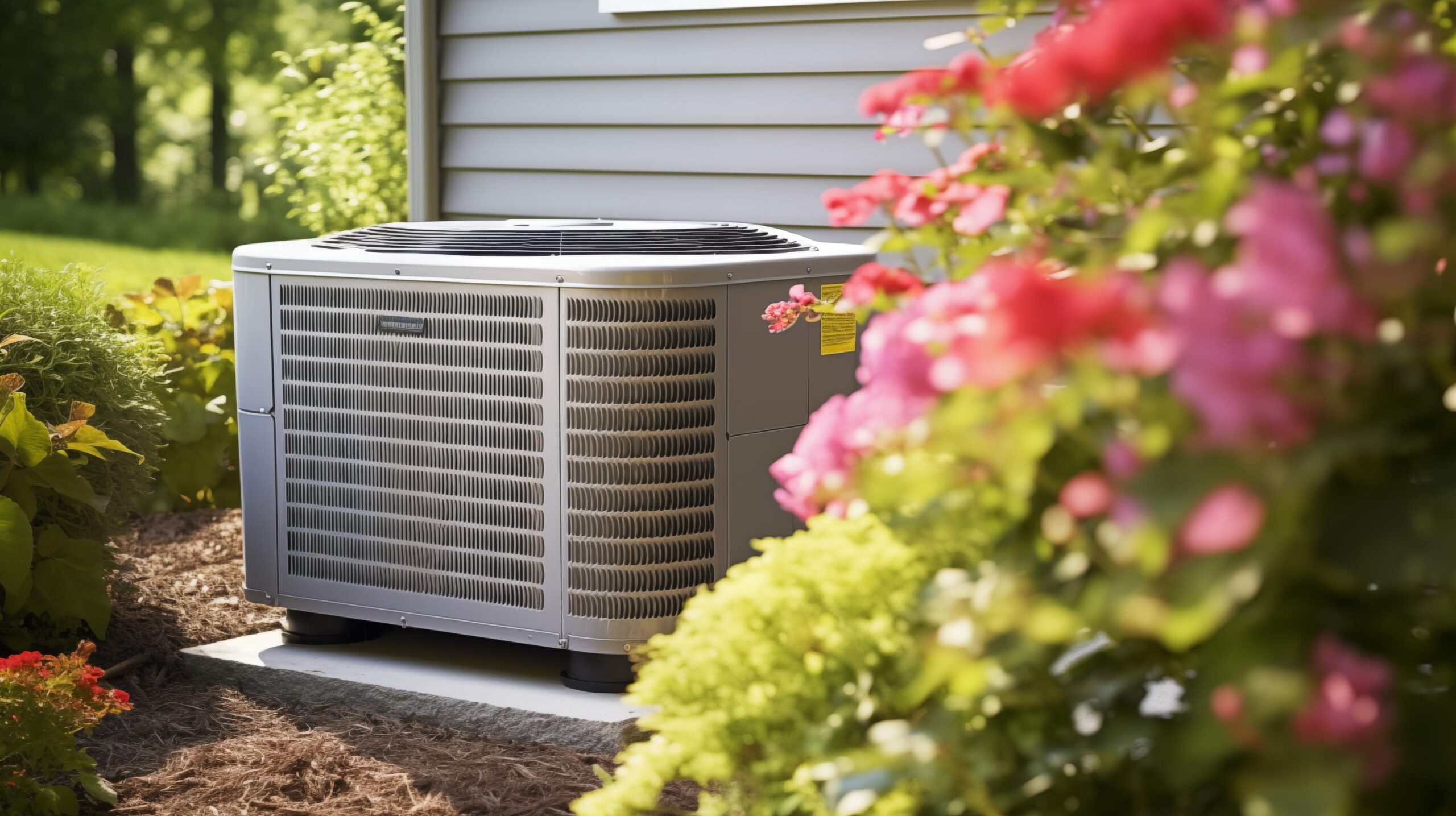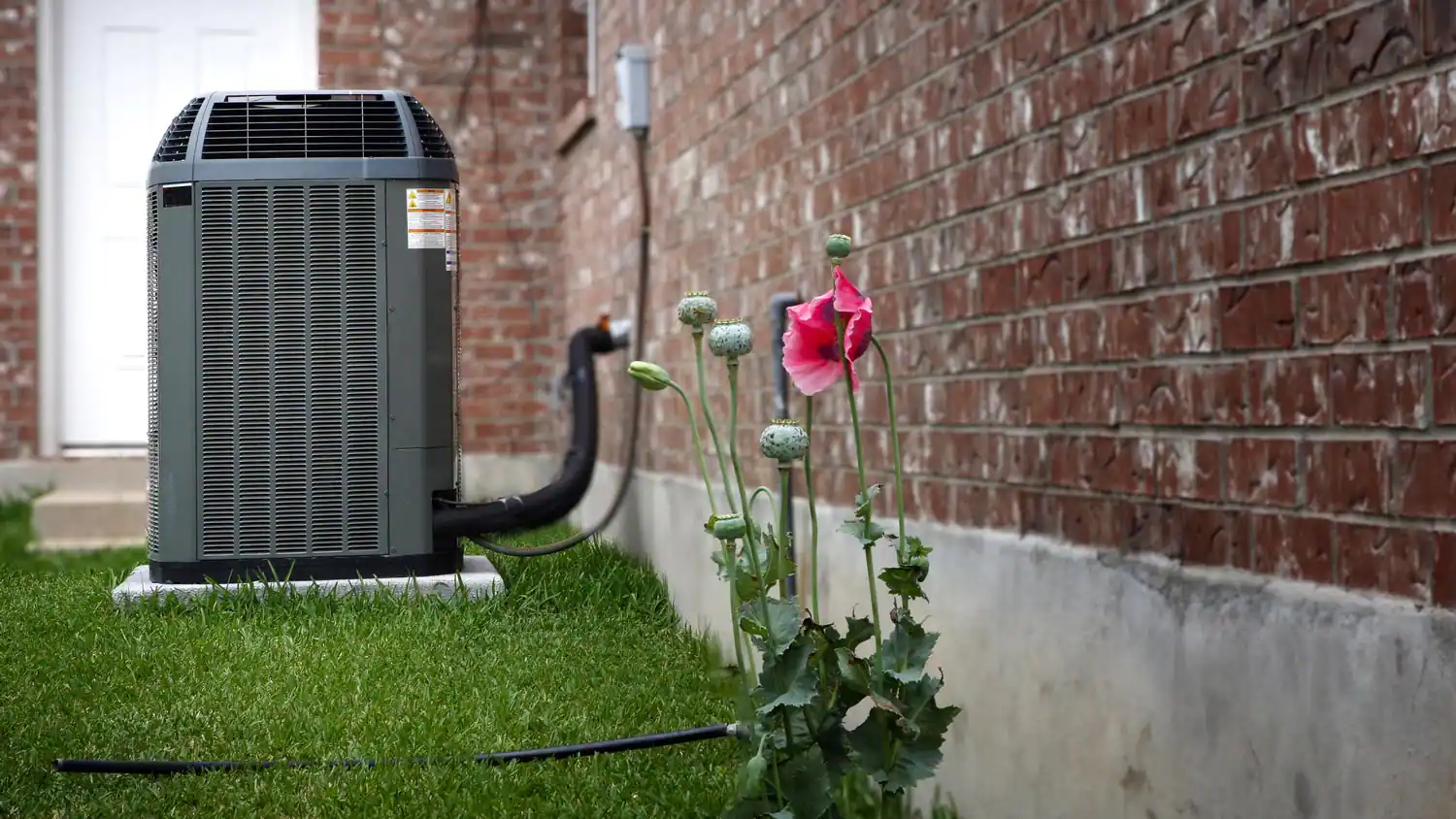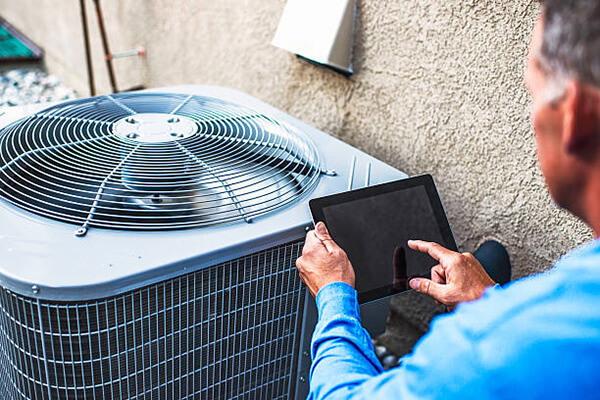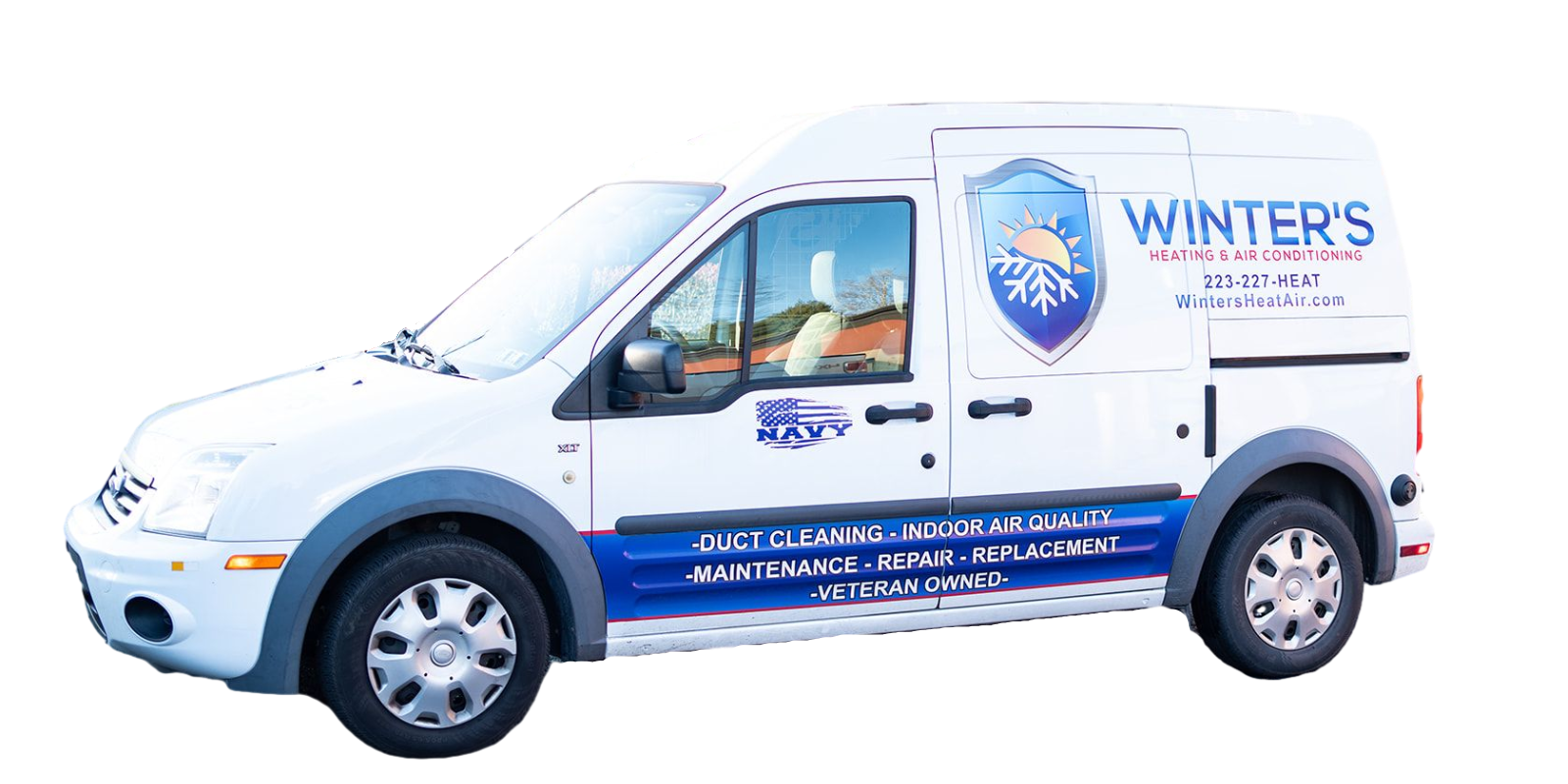Air conditioner (A/C) capacitors are important to keeping your house cool. Capacitors provide the power that certain A/C parts need to do their job. The average capacitor can last around 20 years. Today, we will look at how a capacitor failure can affect your AC, along with ways to help you identify capacitor failures early.
How can a bad capacitor affect your A/C?
Many air conditioning units have several types of capacitors, which provide electric power to different A/C elements:
- Compressor motor run capacitor (most likely to fail)
- Outside fan motor run capacitor
- Indoor fan motor run capacitor
- Start capacitor
When one of these capacitors fails, it can cause the part it powers to fail or work inefficiently. That could mean less cool air, more strain on your AC, or worst of all, a complete A/C failure—which can be life-threatening in the summer heat.
Failed capacitors can also be annoying on top of being ineffective. They tend to cause your A/C to make a humming or clicking noises as they fail. They can cause your A/C to stop on its own. And of course, faulty capacitors can cause higher energy bills.
In short, a bad capacitor runs the gamut from annoying to life-threatening, especially during the hottest days of summer.
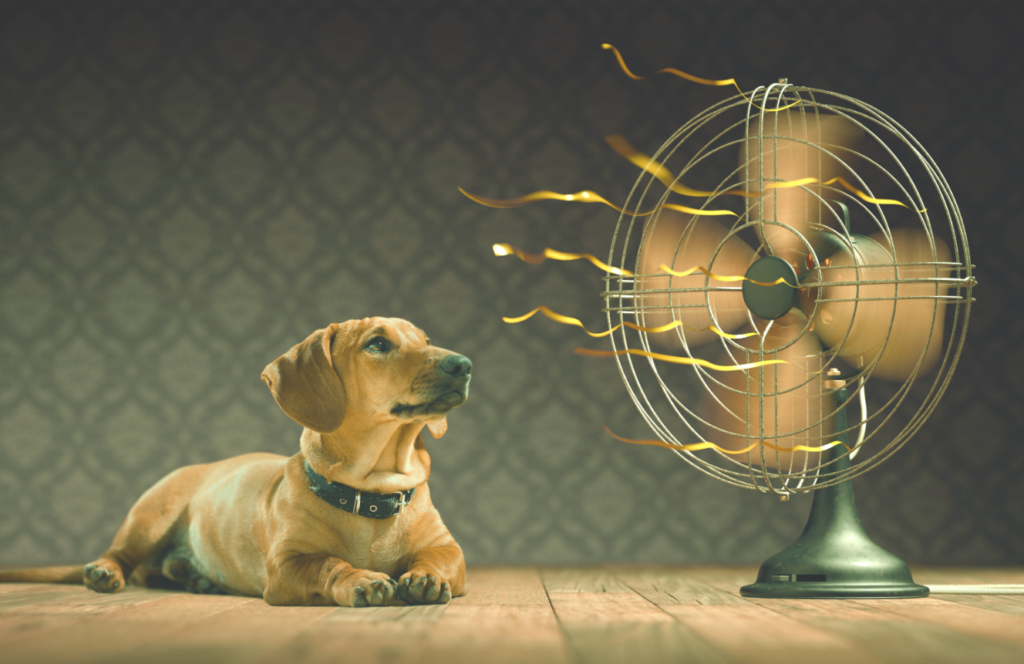
What causes capacitors to fail?
In general, three things contribute to capacitor failures.
- Heat exposure. Capacitors are sensitive to heat. If they get too hot, they can’t hold a charge, which affects their ability to provide power to important elements.
- Age. Over time, capacitors degrade due to normal wear and tear. When combined with heat exposure, a capacitor’s average life span of 20 years can plummet.
- Improper voltage. This is a common problem for DIYers. Capacitors have specific voltage ratings. If you try to replace an older capacitor with a newer, lower-voltage capacitor, you may find that the lower-voltage capacitor doesn’t last nearly as long.
To best prevent these issues from affecting your capacitor, make sure you shade your A/C unit, maintain your A/C unit as it ages, and use capacitors with the appropriate voltage rating.
Signs that your A/C capacitor is failing
Knowing the signs of a failing capacitor can help you prepare for a potential repair/replacement. It can also help you avoid overworking your AC, which can cause bigger, systemic (and likely more expensive) damage to your home’s A/C unit.
Here are some of the most common signs of a failing capacitor.
- Smoke or burning smells. If your A/C is smoking or emitting a burning smell, turn it off right away! This is a common sign that something is wrong with a capacitor.
- No cold air. Another common sign of a potential capacitor problem is an A/C that starts up but does not blow any cold air. If you turn your unit off and on again, and it still is not blowing cold air, you may have a failing capacitor.
- Delayed cooling. If it takes a while for your A/C to start blowing cold air, a failing capacitor could be the culprit.
- Humming or clicking from the A/C unit. If your unit hums or clicks loudly as it runs, there is a good chance a capacitor is failing.
- A/C turns off randomly. Because capacitors provide power, an A/C that turns off randomly could have a failing capacitor. If you notice your A/C shutting down before you have reached your target temperature, there is a good chance something is wrong with a capacitor.
- A/C does not turn on at all. The last sign of a failed capacitor is a unit that will not turn on at all. Since the unit requires the power, a capacitor provides to start, a failure to start is likely caused by a problematic capacitor.
What you should do if your capacitor fails
If you suspect that your A/C has a failed or failing capacitor, there are a few steps you can take.
- Call a professional. This is the safest and typically most effective way to address a failed capacitor. Fortunately, professional HVAC technicians from Winter’s Heating and Air Conditioning can quickly diagnose potential capacitor problems and address them safely. They can also identify additional problems with your A/C unit and help you get out in front of them.
- Check for capacitor issues yourself. If you know something is wrong with your A/C but you are not sure whether it’s the capacitor, you can look for signs yourself. Capacitors are basically metal cylinders with two or three plugs sticking out of the top. In addition to the signs above, if you notice that a capacitor is bulging, it is a sign of a bad capacitor.
- Replace it yourself. We do not recommend replacing this part yourself unless you have experience with HVAC systems, but it is possible. If you choose to do so, make sure you replace it with a capacitor that has precisely the same microfarad rating as the old capacitor. Try to match the voltage rating as well. If that is not possible, opt for a slightly higher voltage rating than necessary to assure the unit gets enough power from the capacitor.
The best and safest bet is to call a professional when in doubt. While DIY videos may make a replacement look easy, HVAC systems are complex. Without the right experience and know-how, you could do additional damage to the unit or worse, hurt yourself.
Conclusion: Capacitors keep your A/C running
Though small, capacitors play a big role in keeping your house cool. With each summer seeming to get a little hotter, it is important to monitor how your A/C is running every day.
Remember to commit to regular maintenance, such as keeping your A/C unit free of debris and changing your air filter regularly.
When an A/C capacitor fails, it can be anything from annoying to life-threatening. When in doubt, avoid those annoyances and risks by calling a professional to get your home humming again, the right way.
Click here to see our 5 Star Google reviews!
Click here to see our Facebook Page for Tips and more!
Click here to see our current projects & jobs!
Click here to see our other Blogs!
